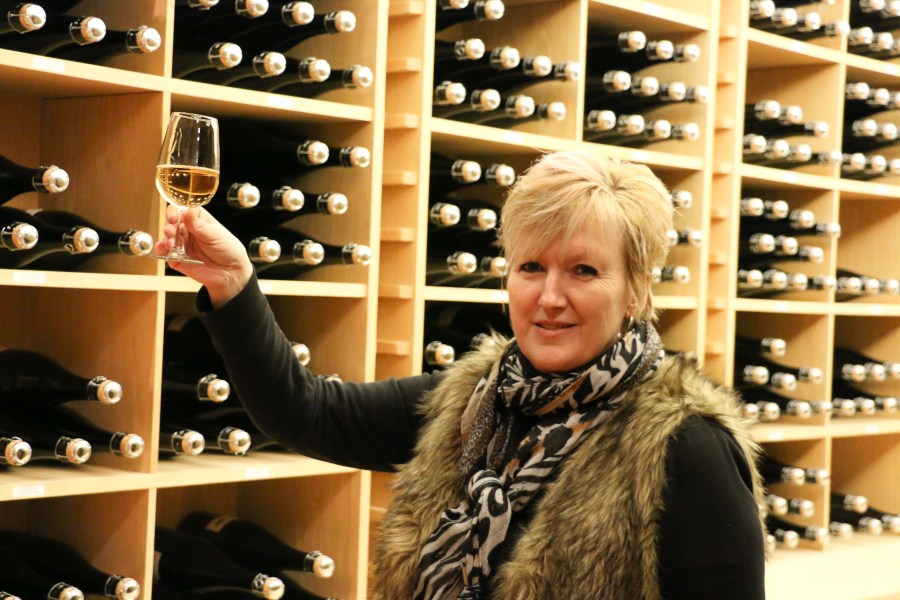Dr Belinda Kemp has joined the crop research organisation NIAB to lead the vine and wine research at its East Malling site in Kent.
Dr Kemp, who is already well known to the UK wine industry, brings 18 years of international experience – most recently as Principal Scientist in Oenology, the science of wine and wine-making, at the Cool Climate Oenology and Viticulture Institute (CCOVI) in Ontario, Canada, and previously in New Zealand and UK posts.
NIAB’s Head of Crop Science and Production Systems Dr Mark Else explained that Dr Kemp’s appointment is hugely exciting for UK viticulture and wine as NIAB, and the sector, will benefit enormously from her wealth of experience and existing links.“Belinda will be leading the East Malling Viticulture R&D Consortium and driving work forward with our funders to identify and lead on the effects that interventions in the vineyard have on wine quality. She joins us at a time when the UK viticulture industry is rapidly expanding and we are excited by the leadership and guidance that she will bring to this new role.”
NIAB’s viticulture work began in 2015 with the establishment of a unique dedicated research and development vineyard to support a burgeoning English industry. The environmental and climatic conditions in England differ greatly from those experienced in the long established vine growing regions of the world and our home producers are seeking scientific support to identify optimum grape growing and winemaking techniques for our own conditions.
Now supported by a consortium of wine producing funders including Chapel Down, Gusbourne, MDCV and Nyetimber, the aim of NIAB’s applied research is to improve berry yields and juice quality, whilst using resources responsibly and sustainably in ways that can be implemented in the UK’s cool-climate commercial vineyards. With the recent development of a new Wine Innovation Centre covering an area of 260m2, including a dedicated research winery, temperature-controlled cellar, pressing area and analytical laboratory, Dr Kemp will have the facilities to implement a number of new research initiatives.
For more like this, sign up for the FREE Vineyard newsletter here and receive all the latest viticulture news, reviews and insight




